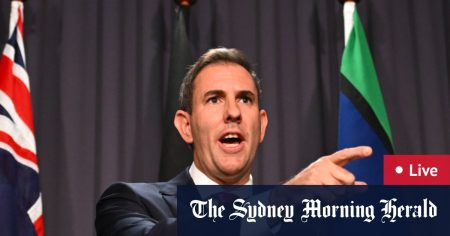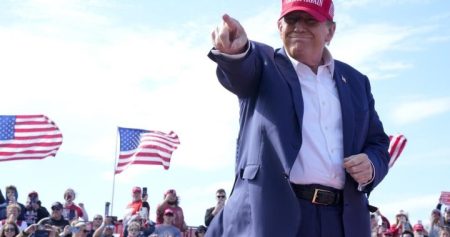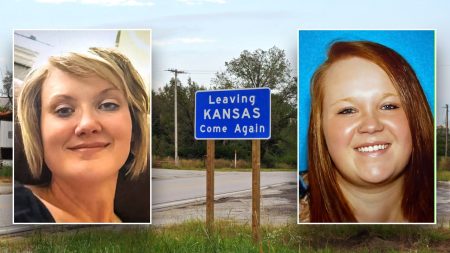The president of U.S.-funded Radio Free Asia announced that its Hong Kong bureau has been closed due to safety concerns under a new national security law, further raising concerns about the city’s media freedoms. The closure reflects Hong Kong’s decreasing space for a free press following the enactment of the Safeguarding National Security Ordinance, also known as the Article 23 legislation. Rep. Gregory Meeks expressed concerns over the shutdown and stated that the law undermines media freedom and the public’s ability to obtain fact-based information.
Cédric Alviani of Reporters Without Borders remarked that RFA’s withdrawal is a result of the chilling effect imposed on media outlets by the new security law. Democracies are urged to increase pressure on Chinese authorities to restore press freedom in Hong Kong. Since Beijing imposed a similar security law in 2020, Hong Kong has undergone significant changes. Critical news outlets like Apple Daily and Stand News were forced to shut down following the arrest of their senior management, including Apple Daily publisher Jimmy Lai.
The new security law has expanded the government’s power to eliminate challenges to its rule by targeting espionage, disclosing state secrets, and colluding with external forces among others. Some offenses carry a maximum penalty of life imprisonment, sparking concerns among journalists over a further decline in media freedom. RFA, funded by the U.S. Congress, has recently faced criticism from the Hong Kong government for quoting activist Ted Hui. Hui, a former pro-democracy lawmaker, is accused of requesting foreign countries to impose sanctions on Hong Kong and China.
Hong Kong has ranked 140th out of 180 countries and territories in the World Press Freedom Index. The new security law, enacted through an expedited legislative process, has raised worries about the criminalization of journalists’ day-to-day work due to its broadly framed provisions. The Hong Kong government has refused to comment on RFA’s closure, condemning all scaremongering and smearing remarks against the new law. It argues that the law only targets a small minority of people endangering national security and that most journalists will not unwittingly violate it.
RFA has operated as a private news organization in Hong Kong since 1996 with editorial independence safeguarded by the U.S. Congress. The bureau’s closure means a shift to a different journalistic model suited for closed media environments, but its content will continue without disruption in Hong Kong and mainland China. While no arrests have been announced under the new law, the Hong Kong government has condemned reports and opinion pieces by international media outlets for what it describes as misleading information. Tang, the security minister, emphasized the need to judge any violations of the law on a case-by-case basis.
The Hong Kong government maintains that the security law targets those who endanger national security and argues that journalists will not unwittingly violate it. The law has sparked worries among journalists, who fear for their day-to-day work under the broadly framed provisions. Hong Kong, once seen as a hub of media freedom in Asia, has experienced significant changes following the 2020 security law, forcing critical news outlets to shut down. Despite criticism from international media and advocacy groups, the Hong Kong government remains firm in its stance on the law and its implementation.















